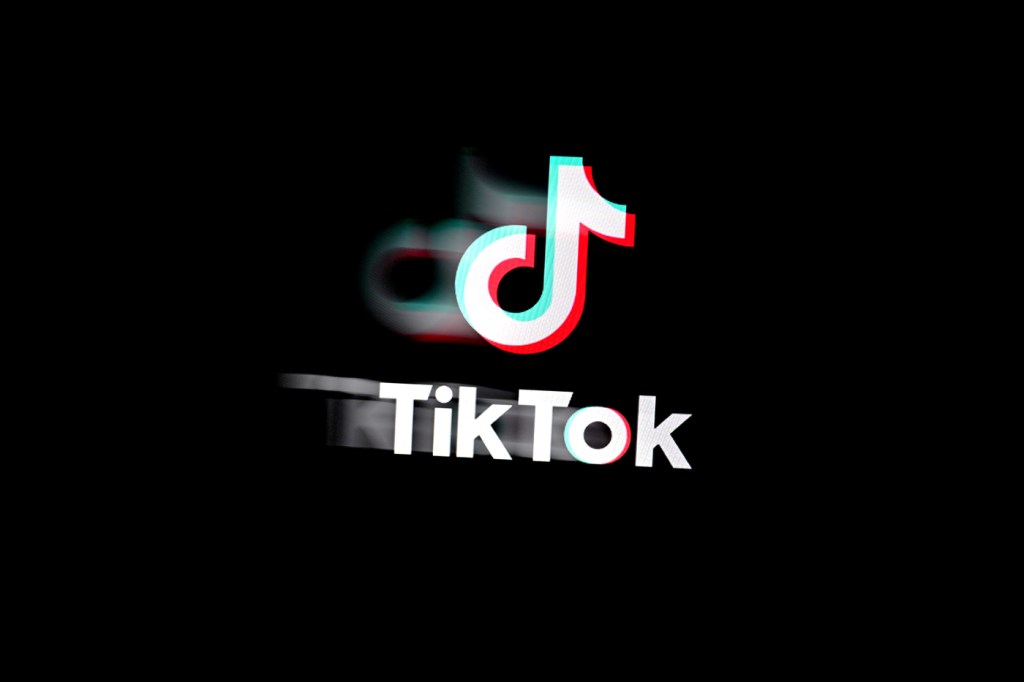What is the future of TikTok in the United States?
After President Trump extended the company’s deadline to find a U.S buyer. But what will happen to TikTok if it’s sold?

The sale of TikTok will likely go through because the app is so valuable and because it would be in the interest of key parties in both the U.S. and China, a Northeastern University international business expert says.
Ravi Ramamurti, director of Northeastern’s Center for Emerging Markets and a university distinguished professor in international business and strategy, said he believes the sale of the Chinese-owned app will go through before the end of the 75-day extension enacted by President Donald Trump in a recently signed executive order.
“If I had to, I would bet on that,” he says. “China has given some indications that it will not stand in the way of a deal. This is part of some bigger conversation going on between the U.S. and China, about the bilateral relationship … but I think ByteDance (TikTok’s parent company) has exhausted its legal options. It was a game of chicken up to this point.”
A sale would offer benefits for both countries, Ramamurti says. Otherwise, ByteDance would lose out on the money it would get for TikTok, and the U.S. government would be facing angry users, some of whom rely on the app to make money.
But the app likely will not be the same after a sale. The “secret sauce” of TikTok is the algorithm, Ramamurti says, which would not be included in the transaction.

“The Chinese government has declared that as Chinese intellectual property,” he says. “It cannot be licensed to anybody else without (their) approval and the Chinese government has already said that they will not allow it to be licensed.”
Other social media companies, like Facebook, have tried to replicate TikTok’s algorithm, which hones in on user interests and behaviors, Ramamurti says, but none have done so successfully.
The issue with this is that to deliver personalized content, the app collects large amounts of data from users. Since ByteDance is based in China, Ramamurti says this data could be accessed by the Chinese government under Chinese law. U.S. officials worry this could be used to threaten national security.
“If you end Chinese ownership, that reduces the ability of the Chinese government to demand information about U.S. users,” Ramamurti says.
But Ramamurti adds that it’s unclear how well TikTok would be able to operate in the United States without this algorithm. There are questions about whether users would still be able to get content from TikTok creators outside the United States under those circumstances and whether the app would still be as valuable in that case.
“The interesting question is how does ByteDance sell TikTok and why does somebody buy TikTok if they don’t get the algorithm?” Ramamurti says. “What they would be getting is the customer base and maybe the name TikTok. It’s not clear what the deal is going to be. … There are investors who think this is a nice business because you’re getting 170 million users of the popular app, and even without the algorithm, they might think that it is worth $50 billion or something like that.”
“I don’t see how the algorithm can be part of the deal,” he adds. “Without it, (the app) probably can’t be the same, because if there was anothe way to do the same thing, someone would have done it. There is something there that is truly unique.”
TikTok would not be able to operate in the United States without this sale. The app already shut down the night before the original Jan. 19 ban and left the app store for both Google and Apple. The app went back online the following day with a message saying “As a result of President Trump’s efforts, TikTok is back in the U.S.”
Trump was originally opposed to TikTok and issued an executive order during his first term that would bar the app for download. But his position has shifted. He has said he is open to Tesla CEO Elon Musk or Oracle CEO Larry Ellison purchasing the app and suggested the government own part of the company.
Featured Posts
Jimmy Donaldson, known as YouTube creator and TikTok star MrBeast, also said he is exploring a purchase.
Ramamurti says this situation with TikTok is the first of its kind so far in the United States, but is part of the bigger picture when it comes to relations between the United States and China. China has imposed similarly harsh restrictions on U.S. tech companies.
But this federal law could be applied to other countries with which the United States has an adversarial relationship, Ramamurti adds.
“It precludes another Chinese company from coming and trying to do the same thing, because they would then be governed by the same restrictions,” he says. “But beyond that, I don’t think this sends any message to investors from any other country, except to reinforce the impression that U.S. policy making is now highly unpredictable. President Trump was opposed to TikTok, and then he reversed course, and now he’s actually trying to help Tiktok remain in the U.S. It gives the impression that the U.S. position on an issue can turn on a dime.”












